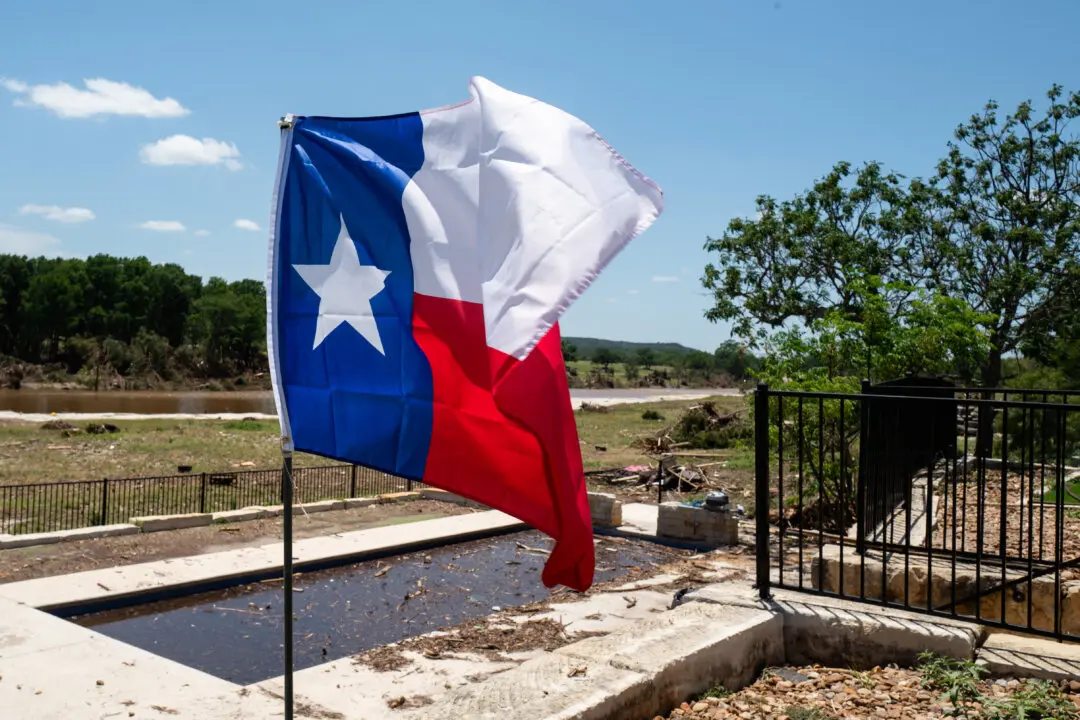The Biden administration conveyed on Nov. 15 its intention to pause new oil and gas drilling for 20 years within a 10-mile radius of the Chaco Canyon National Historical Park in New Mexico, which already prohibits oil and gas drilling within its borders. The move has drawn objections from the 24th Navajo Nation Council, which represents allottees of oil and gas leasing within the perimeter and favors a five-mile protective radius instead.
Chaco Canyon National Historical Park, which is also a UNESCO World Heritage Site and an International Dark Sky Park, contains structures inhabited by the ancient Puebloan peoples from roughly 850 to 1250 A.D.





